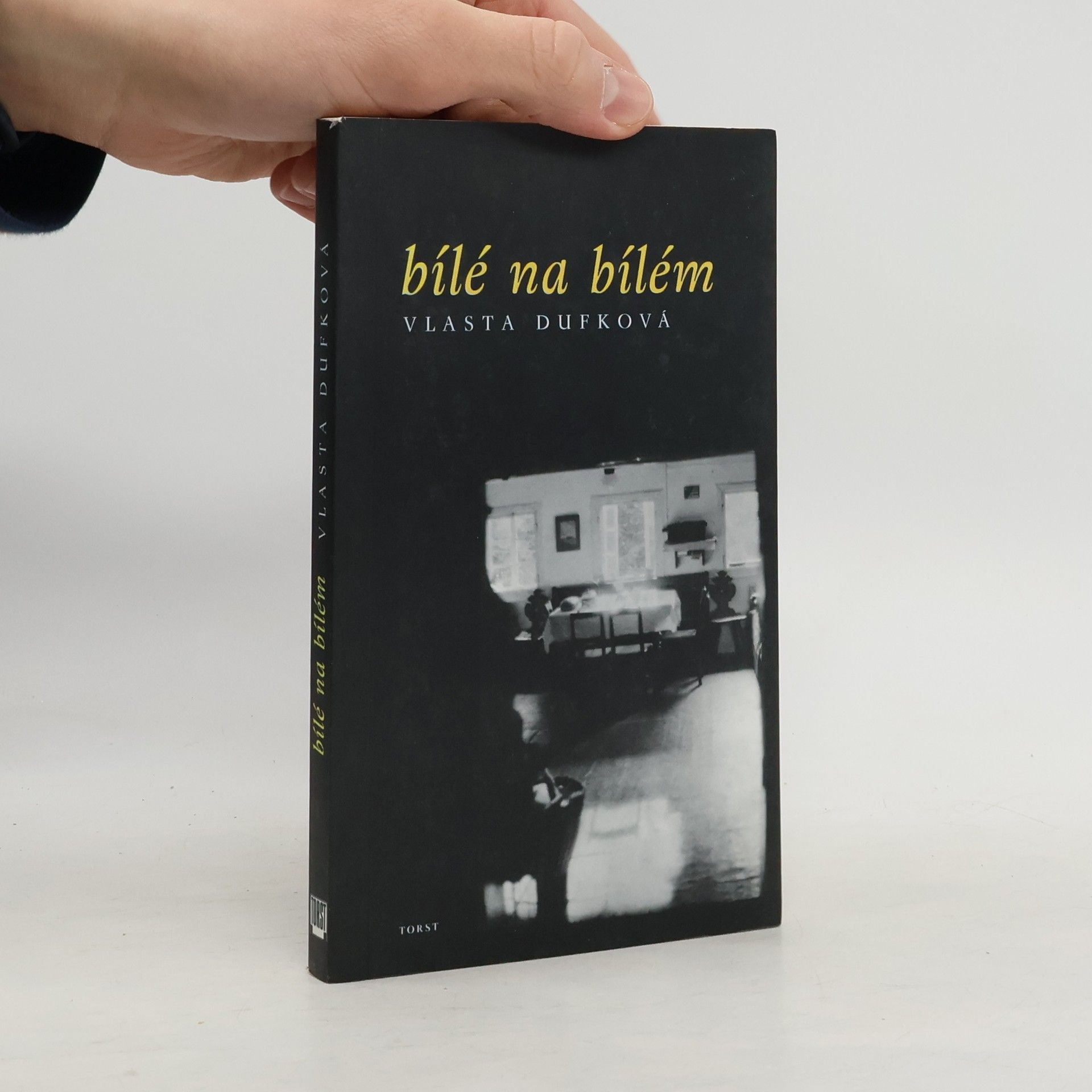Novela jednoho z největších latinskoamerických autorů 20. století, z jehož díla byl do češtiny již v 70. letech přeložen román Velká divočina: cesty, vtahuje čtenáře do magického světa brazilského sertaa. Spolu s agrotechnikem Miguelem, jehož osud zavede na statek U dobré palmy burití, vstupujeme do pozdně patriarchálního světa, jemuž jako hlava rodiny vévodí pan Liodoro a v němž se mnohé točí kolem tří mladých žen, Liodorovy slunečné dcery Glórie, její temné sestry Marie Behú a jejich bývalé švagrové, městské dívky Leandry. Tento takřka neprodyšně uzavřený svět, kde čas plyne, jako by stál, se i zde Guimaraesi Rosovi stává mikrokosmem, v němž vystupují do popředí klíčové otázky lidské existence, tentokrát především láska a různé podoby, které na sebe v životě bere. Jazykově mnohovrstevné dílo s prvky básnické prózy vychází v mistrovském překladu Vlasty Dufkové.
Vlasta Dufková Libros






From 1935 until his death, Albert Camus kept a series of notebooks to sketch out ideas for future works, record snatches of conversations and excerpts from books he was reading, and jot down his reflections on death and the horror of war, his feelings about women and loneliness and art, and his appreciations for the Algerian sun and sea. These three volumes, now available together for the first time in paperback, include all entries made from the time when Camus was still completely unknown in Europe, until he was killed in an automobile accident in 1960, at the height of his creative powers. In 1957 he had been awarded the Nobel Prize for Literature. A spiritual and intellectual autobiography, Camus' Notebooks are invariably more concerned with what he felt than with what he did. It is intriguing for the reader to watch him seize and develop certain themes and ideas, discard others that at first seemed promising, and explore different types of experience. Although the Notebooks may have served Camus as a practice ground, the prose is of superior quality, which makes a short spontaneous vignette or a moment of sensuous beauty quickly captured on the page a small work of art.Here is a record of one of the most unusual minds of our time.
Notebooks 3. 1951-1959
- 288 páginas
- 11 horas de lectura
This final volume, recorded over the last nine years of his life, takes on the characteristics of a personal diary.--[book jacket].
From 1935 until his death, Albert Camus kept a series of notebooks to sketch out ideas for future works, record snatches of conversations and excerpts from books he was reading, and jot down his reflections on death and the horror of war, his feelings about women and loneliness and art, and his appreciations for the Algerian sun and sea. These three volumes, now available together for the first time in paperback, include all entries made from the time when Camus was still completely unknown in Europe, until he was killed in an automobile accident in 1960, at the height of his creative powers. In 1957 he had been awarded the Nobel Prize for Literature. A spiritual and intellectual autobiography, Camus' Notebooks are invariably more concerned with what he felt than with what he did. It is intriguing for the reader to watch him seize and develop certain themes and ideas, discard others that at first seemed promising, and explore different types of experience. Although the Notebooks may have served Camus as a practice ground, the prose is of superior quality, which makes a short spontaneous vignette or a moment of sensuous beauty quickly captured on the page a small work of art.Here is a record of one of the most unusual minds of our time.
L’Été, El verano, es uno de los libros más personales de Albert Camus. En cierto sentido todos lo son, pero no menos cierto es que la habilidad literaria consiste frecuentemente en convertir los hechos y acontecimientos de la vida en una materia un tanto más perdurable. Proust, por ejemplo, cambió los nombres de las personas que conoció, fundió a dos o tres en un solo personaje, disimuló y glosó, todo con el propósito de encontrar en la memoria la posibilidad de recuperar el tiempo perdido. El verano es personal en ese sentido: un libro en que la esencia vital de Camus está ahí pero de forma evidente, palpable, emotiva, como si explorara sus fibras más íntimas y, al mismo tiempo, las expusiera para sus lectores (o para sí mismo, en calidad de primer lector), sin artificio literario de por medio. A medio camino entre diario de viaje, memorias y ensayo, El verano (1954) lleva al lector por Argelia, Grecia y Francia en una travesía guiada por ciertos mitos fundacionales de la cultura occidental europea —el Minotauro, Prometeo, Helena— y la metáfora del verano como una época ambigua y de transición, una temporada en que el Sol impera pero que también, por eso mismo, es el recordatorio de un segundo momento del año dominado por las condiciones adversas.
Čistec
- 78 páginas
- 3 horas de lectura
Svazek obsahuje verše převážně vzniklé v 80. letech, tematicky inspirované velkoměstem a moderní civilizací. Verše jsou napsány s citem pro jazykový experiment, který však nechce být samoúčelný, ale spíše se snaží vystihnout neobvyklé i pevné slovní vazby. Předmluvu napsal Jiří Cieslar, doslov Šárka Grauová.
Bílé na bílém
- 131 páginas
- 5 horas de lectura
Reflexivní lyrická próza se svérázným způsobem zamýšlí nad obdobím dětství, dospívání a dospělosti v kontextu lidského života.
